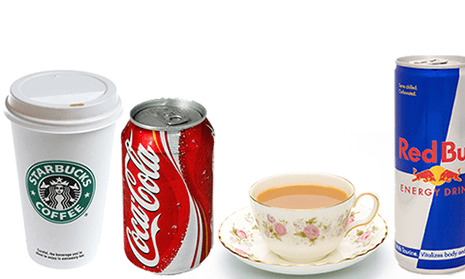Expert outlines strategies for caffeine addiction withdrawal
Mr Douglas Akuba, the Chief Executive Officer of Green Economy Alternative Africa and a Nutritionist, has outlined strategies that people can adopt to successfully reduce or end caffeine addiction.
READ ALSO: NAFDAC alerts public on energy drink with excessive caffeine
According to him, Caffeine is a drug that stimulates and increases the activity of the brain and the nervous system. It is found in many drinks such as coffee, tea, soft drinks and energy drinks.
Chocolate also contains caffeine. Energy drinks often have more caffeine and sugar than soft drinks.
It is mainly used as a mild cognitive enhancer to increase alertness and attentional performance.
Caffeine is known to enhance concentration and focus, making it a popular choice for students and professionals.
Akuba said, “When caffeine is no longer consumed, individuals may experience difficulties concentrating and feel less clearheaded than usual.”
He, therefore, highlighted gradual approach toward withdrawing from such addiction, and recommended trategic lowering of caffeine consumption and adoption of alternative energy-boosting methods to manage withdrawal symptoms.
According to him, quitting caffeine abruptly can lead to many symptoms, with headache being the most prevalent.
He said that irritability and decreased energy levels are also common, as caffeine acts as a mood enhancer and energy booster.
Akuba emphasised that a thoughtful reduction in caffeine consumption is more ideal than sudden cessation.
He added that, “Hydration, through ample water intake, can help alleviate symptoms like headache and constipation during this transition.
“For those exploring caffeine-free energy options, engaging in physical activities, practicing breathing exercises, maintaining
a balanced diet with focus on vegetables, and spending time with nature are good alternatives.”


Comments are closed.